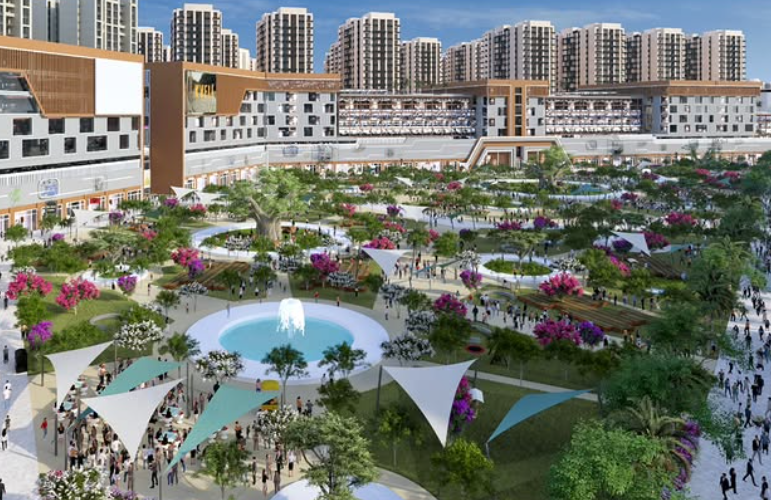Iraq’s housing investment continues to expand as the country pushes for stronger urban development. The National Investment Commission confirmed that the housing sector leads all investments. Iraq housing investment remains a top priority for both national and provincial authorities.
The commission highlighted that licensed projects include both vertical and horizontal developments. Investors have already secured over 424,000 units through the central investment body. At the same time, local investment commissions approved more than 207,000 additional units. Together, these projects mark an important milestone in Iraq housing investment.
Furthermore, the government emphasizes housing as the main pillar of future infrastructure. Officials believe that real estate development models will modernize cities. They also expect these projects to strengthen urban growth and raise the efficiency of city planning.
Moreover, the commission stressed the importance of creating affordable options for families. With a rapidly growing population, demand for housing continues to rise. The new projects aim to meet this demand while offering modern living standards.
In addition, officials underlined the importance of collaboration between private developers and government bodies. They explained that coordinated efforts will attract more foreign and local investors. This approach also ensures that projects deliver long-term economic value.
The housing sector now stands as the most attractive investment field in Iraq. The continuous licensing of projects shows strong investor confidence. It also reflects the government’s determination to address the housing shortage quickly.
As Iraq works to strengthen its national infrastructure, the housing sector is emerging as a model for progress and transformation. By embracing modern construction methods, the country has an opportunity not only to create thousands of jobs but also to significantly enhance the quality of life for its citizens.
This shift toward innovation in building techniques and urban planning reflects a broader strategy to address Iraq’s long-standing housing shortages, while also stimulating economic activity across related sectors such as manufacturing, logistics, and energy.
With increasing public and private investment in residential projects, Iraq’s housing development is playing a pivotal role in shaping both economic growth and social development. It stands as a clear example of how targeted investment, forward-thinking policy, and modern technology can work together to build a more resilient and prosperous future.


